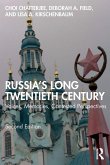
Broschiertes Buch
Voices, Memories, Contested Perspectives
2. Auflage
1. August 2025
Taylor & Francis Ltd
| Broschiertes Buch | ab 42,99 € | |
| Gebundenes Buch | 180,99 € |
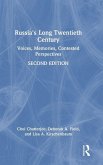
Gebundenes Buch
Voices, Memories, Contested Perspectives
2. Auflage
1. August 2025
Taylor & Francis Ltd
Gebundenes Buch
13. März 2007
Peter Lang
69502
Broschiertes Buch
Voices, Memories, Contested Perspectives
17. Mai 2016
Routledge / Taylor & Francis
18,95 €
Sofort per Download lieferbar
Ähnliche Artikel

Broschiertes Buch
The Life and Times of Madeleine Riffaud
27. Juli 2018
Taylor & Francis

Broschiertes Buch
Rethinking Kasutori Society
30. Januar 2025
Taylor & Francis
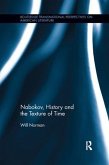
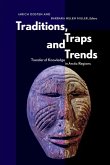
Broschiertes Buch
Transfer of Knowledge in Arctic Regions
23. Juli 2018
University of Alberta Press

Broschiertes Buch
Fictions of Independence
31. März 2017
Taylor & Francis
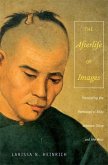
Broschiertes Buch
Translating the Pathological Body between China and the West
20. Februar 2008
Duke University Press
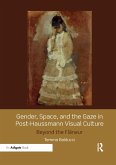
Broschiertes Buch
Beyond the Flâneur
23. Mai 2019
Taylor & Francis

Ähnlichkeitssuche: Fact®Finder von OMIKRON
